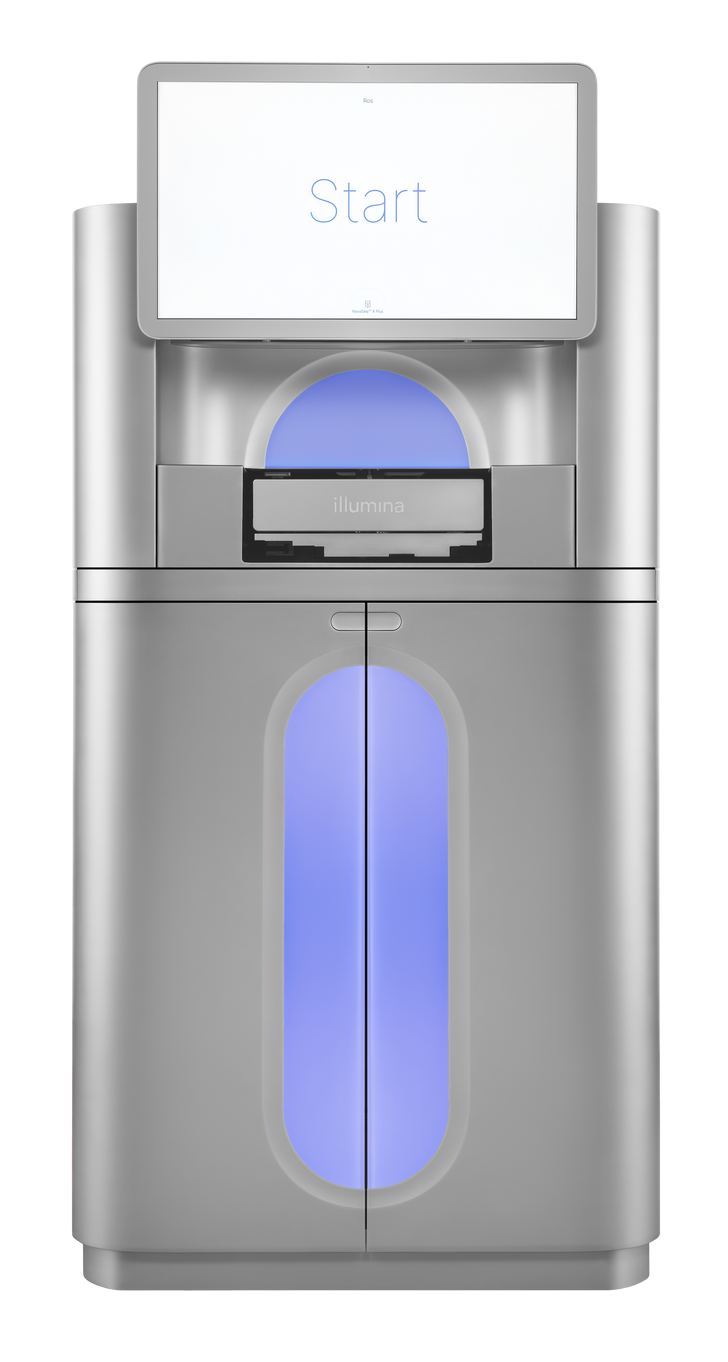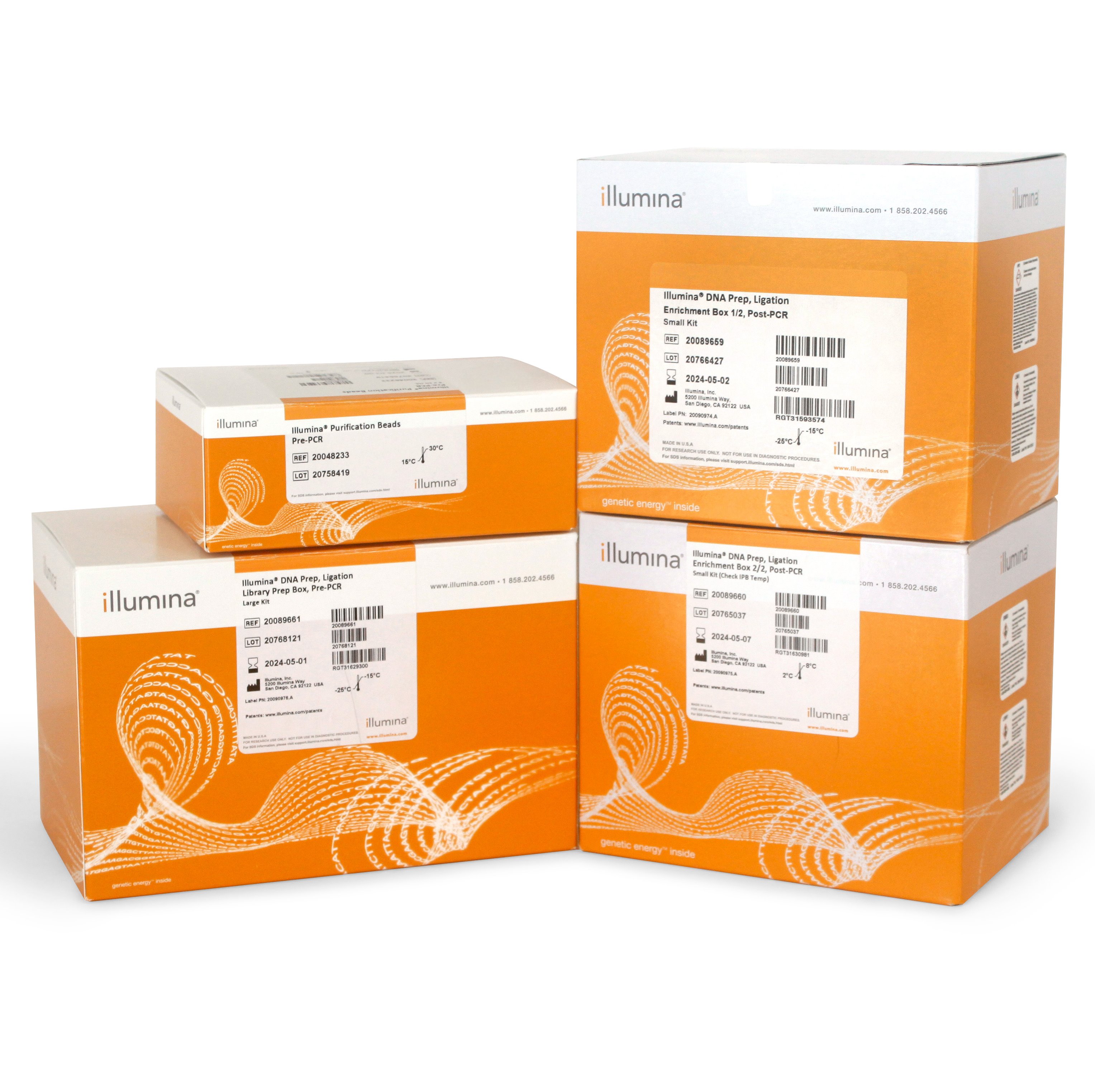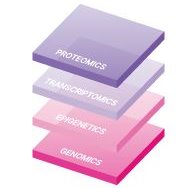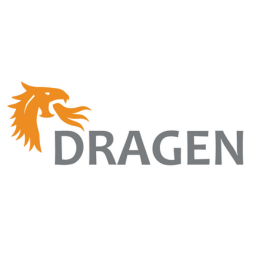January 2025
Don't miss out on
All Things Multiomics
The new year brings new perspectives and ideas. At Illumina, we are evolving our culture of communication and our intention is to share more details about our innovation roadmap of exciting technologies to enable groundbreaking science with Illumina solutions.
We are reinventing our monthly newsletter to become an informative communication channel on “all things” multiomics. Subscribe today and stay tuned, there is so much to come in 2025… and beyond.







Did you know?
Give me details
Illumina Single Cell 3’ RNA Prep (formerly Fluent PIPSeq™ V) is now available and compatible across which Illumina NGS platforms?

Now available - Illumina Single Cell Prep is compatible across Illumina high-throughput NGS platforms, including
- NextSeq™ 1000/2000
- NovaSeq™ 6000
- NovaSeq™ X Series
NGS-based proteomics using Illumina Protein Prep (IPP) can be performed on what input sample types?

Illumina Protein Prep (IPP) can be used to perform NGS-based proteomics analysis using either human plasma or serum as input sample types.
View our video, 'Uncovering the next application of multiomics in biology' for an overview of IPP and other multiomics applications.
Innovations to enable multiomics
Uncover powerful proteomics insights with Illumina Protein Prep solution
Illumina Protein Prep (IPP) is a comprehensive high-throughput proteomics solution that integrates trusted Illumina sequencing by synthesis (SBS) chemistry with the high sensitivity of the Standard BioTools SomaScan® proteomics assay.
- Measure > 6K unique human proteins (early access version) in a single plasma or serum sample using the SomaScan proteomics assay with NGS readout
- Go from sample to results in < 2.5 days with just 4 hours hands-on time with a streamlined, automated workflow
- Analyze proteomic data with integrated secondary analysis via DRAGEN™ Protein Quantification and Illumina Connected Analytics
2
Accessible and scalable single-cell RNA sequencing with Illumina Single Cell 3' RNA Prep
Accessible and scalable single-cell RNA sequencing with Illumina Single Cell 3' RNA Prep
Illumina Single Cell 3' RNA Prep (formerly Fluent PIPSeq™ V) makes scRNA-Seq accessible for more labs with an easy, scalable, and microfluidics-free workflow. Researchers can undertake larger and more varied multiomics studies without the budget or technology constraints of other single-cell approaches.
- Simple, affordable benchtop workflow that can be completed by users of any experience level
- High assay sensitivity to detect more genes and transcripts
- Cost-effective processing range of up to hundreds of thousands of cells to reveal rare cell types
Multiomics in action
Publication highlights
PROTEOMICS
BIOINFORMATICS
SINGLE-CELL
Proteomic changes upon treatment with semaglutide in individuals with obesity
Published by Novo Nordisk, this large study to profile the proteome of obese patients treated with semaglutide aimed to uncover insights into the mode of action of the drug. This publication showcases the potential of using proteomic signatures to identify possible novel indications for semaglutide. While this study used microarray-based proteomic analyses with SomaScan® assay v4.1, the next-generation sequencing (NGS)-based Illumina Protein Prep shows a very good correlation with SomaScan and delivers market-leading precision for high-throughput, aptamer-based proteome profiling.
.png?v=01242025125223)
PROTEOMICS
BIOINFORMATICS
SINGLE-CELL
Comprehensive genome analysis and variant detection at scale using DRAGEN
Research and medical genomics require comprehensive, scalable methods for the discovery of novel disease targets, evolutionary drivers and genetic markers with clinical significance. In this Nature Biotechnology publication, authors demonstrate the performance of DRAGEN across 3,202 whole-genome sequencing datasets by generating fully genotyped multisample variant call format files and demonstrate its scalability, accuracy and innovation to further advance the integration of comprehensive genomics.

PROTEOMICS
BIOINFORMATICS
SINGLE-CELL
Multi-omics-based mapping of decidualization resistance in patients with a history of severe preeclampsia
Research teams from Valencia, Spain and their collaborators for this study combined single-cell RNA sequencing and spatial transcriptomics to investigate the endometrial decidualization resistance (DR) defects in patients with history of severe preeclampsia (sPE) to reveal significant endometrial changes at macro, micro and cellular levels. The study highlights the value of using a comprehensive multiomic approach to uncover critical molecular underpinnings associated with decidualization defects in the context of sPE.
